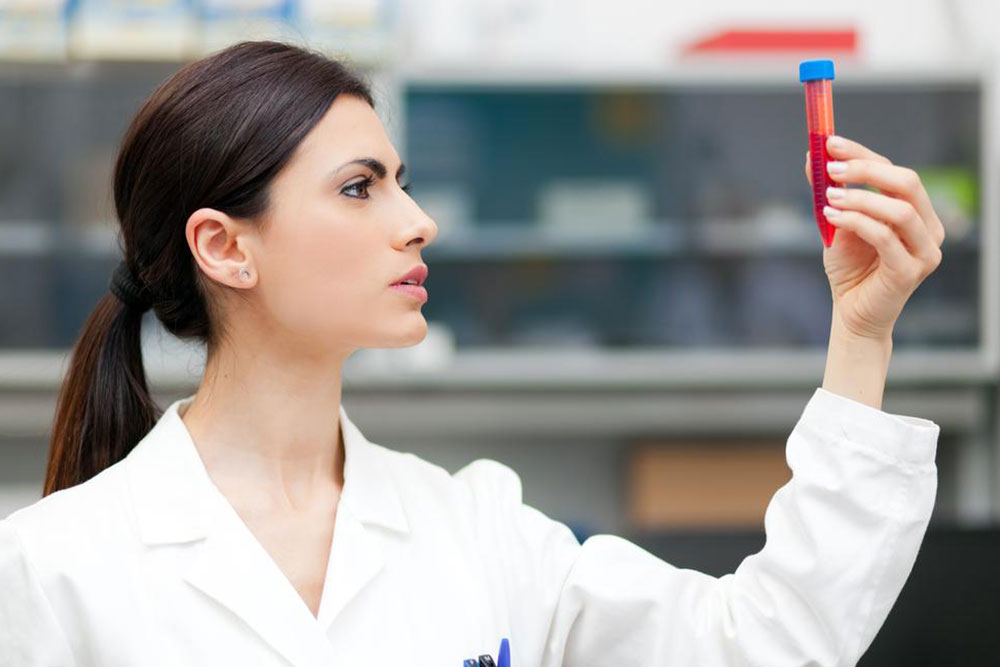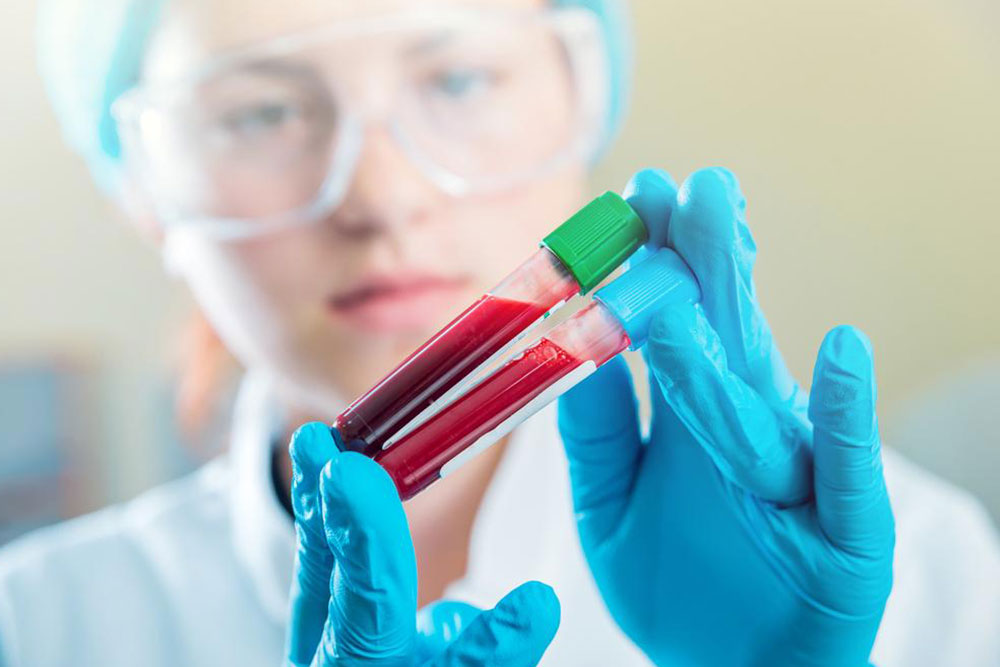Understanding Elevated Creatinine: Causes, Indicators, and Prevention
Elevated creatinine levels can indicate kidney dysfunction. Understanding causes, symptoms, and prevention strategies helps manage this condition effectively. Regular checkups, hydration, and lifestyle modifications are key to maintaining kidney health and preventing complications related to high creatinine levels.

Understanding Elevated Creatinine: Causes, Indicators, and Prevention
Creatinine is a waste product generated when muscles break down creatine phosphate. It is constantly produced, filtered by the kidneys, and eliminated through urine. Doctors often measure creatinine levels using blood and urine tests to evaluate kidney health. Elevated creatinine may signal kidney issues like chronic kidney disease (CKD).
Understanding Creatinine Levels Elevated levels of creatinine often lack early symptoms, making routine blood tests essential for detection, including BMP panels and urine analysis.
The Basic Metabolic Panel (BMP) evaluates multiple substances in the blood, such as creatinine, glucose, minerals, and urea nitrogen. Occasionally, urine tests help confirm high creatinine levels. Normal blood creatinine ranges from 0.7 to 1.2 mg/dL. Urinary excretion typically ranges between 955-2,936 mg/day for men and 601-1,689 mg/day for women. Elevated levels suggest the need for medical assessment, considering factors like muscle mass, age, hydration, and existing health conditions.
Reasons for Elevated Creatinine High creatinine often indicates compromised kidney function, which can result from temporary or chronic conditions. Temporary causes include excessive protein intake, dehydration, and intense exercise, which can temporarily impair kidney performance. Persistent elevation may be linked to serious health problems affecting kidney health, such as:
Kidney infections
Glomerulonephritis
Diabetes
High blood pressure
Heart diseases like congestive failure or atherosclerosis
Urinary tract blockages, including kidney stones
Acute or chronic kidney failure
Signs of Elevated Creatinine Early in the process, high creatinine may not cause noticeable symptoms. As kidney function declines, symptoms like decreased urine output, swelling, blood or protein in urine, breathlessness, fatigue, nausea, and confusion can emerge.
Reduced urine production
Swelling due to fluid retention
Blood or protein in urine
Shortness of breath
Persistent tiredness
Loss of appetite, nausea, and vomiting
Itching or seizures in severe cases
Managing Elevated Creatinine Identifying and treating the underlying cause is crucial. Lifestyle changes like low-protein diets, regular but moderate exercise, and staying well-hydrated can help manage levels. Medical intervention is necessary for serious conditions to support kidney health and prevent further damage.
Prevention Tips
Adopt a balanced diet rich in whole foods, limiting high-protein foods to prevent spikes in creatinine.
Maintain regular health checkups, especially if you have risk factors like hypertension or diabetes, to monitor kidney function.
Stay well-hydrated by drinking plenty of water daily to assist kidney filtration.










